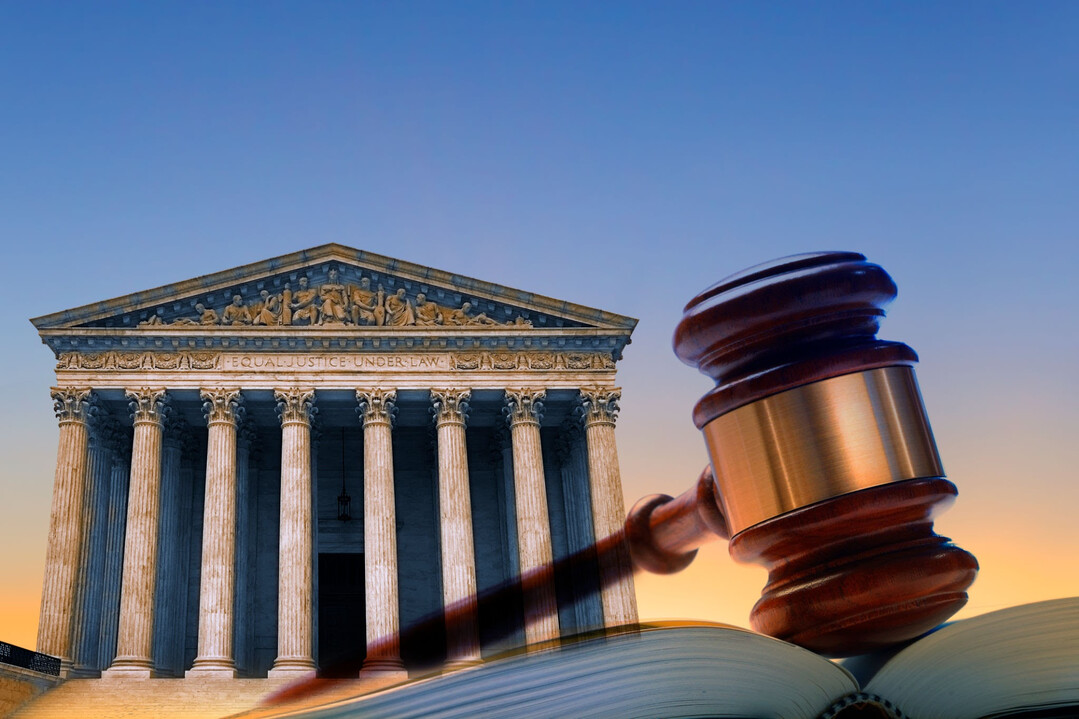
Washington D.C. – President Donald Trump has signed an executive order imposing a full travel ban on citizens from 12 countries and partial restrictions on seven others, citing national security concerns. The measure, announced by the White House on June 4, 2025, marks the second instance of Trump implementing such broad entry prohibitions during his public career, echoing similar actions taken during his first administration in 2017.
The comprehensive ban will affect individuals from Afghanistan, Myanmar, Chad, the Democratic Republic of Congo, Equatorial Guinea, Eritrea, Haiti, Iran, Libya, Somalia, Sudan, and Yemen. Additionally, citizens of Burundi, Cuba, Laos, Sierra Leone, Togo, Turkmenistan, and Venezuela will face partial entry restrictions into the United States. This executive order is scheduled to take effect at 12:01 AM local time on June 9, 2025. The delayed implementation, unlike the immediate effect of the 2017 ban, aims to prevent the widespread chaos experienced at U.S. airports during the previous iteration.
The White House justified these "common-sense restrictions" as necessary to "protect Americans from dangerous foreign adversaries." Trump, via his Truth Social platform, asserted that a recent terrorist attack in Boulder, Colorado, underscored the "extreme danger" posed by foreign nationals who have not undergone "proper vetting." The attack, which occurred on June 1, 2025, involved an individual throwing two incendiary devices and wielding a homemade flamethrower at a group gathered in support of Israeli hostages, injuring 12 people. The assailant was identified as an Egyptian national.
Rationale Behind the Measures
The administration's rationale for the ban hinges on safeguarding national security. The White House claims that these nations either pose a direct threat or lack adequate screening and vetting capabilities to ensure the safety of U.S. citizens. While the Boulder attacker was identified as an Egyptian national, a country not on the current banned or restricted lists, Trump has leveraged the incident to emphasize the perceived necessity of stricter immigration controls.
The new order includes exceptions for lawful permanent residents (green card holders), dual nationals traveling on a passport from a non-restricted country, diplomats with valid non-immigrant visas, and certain individuals with direct family ties to U.S. citizens. These exceptions appear to be a deliberate attempt to mitigate some of the widespread disruptions and legal challenges that characterized the initial 2017 ban.
International and Domestic Reactions
The new travel ban has ignited a torrent of reactions both domestically and internationally, with legal challenges widely anticipated.
Somalia, one of the fully banned nations, expressed a commitment to cooperating with the U.S. on security matters. Dahir Hassan Abdi, the Somali Ambassador to the U.S., issued a statement emphasizing Somalia's long-standing relationship with the United States. Conversely, Diosdado Cabello, Venezuela's Minister of Interior, warned that "being in the United States is a great risk for anyone, not just for Venezuelans," reflecting a strained relationship with the U.S.
Domestically, the Democratic Party has swiftly condemned the order. Representative Pramila Jayapal, a Democrat from Washington, stated on social media that the ban is an "expansion of Trump's Muslim ban from his first term and will only further isolate us on the world stage." Another Democratic Representative, Don Beyer, accused Trump of having "betrayed" the ideals of the nation's founders. Critics, including human rights organizations like Amnesty International USA, have labeled the ban "discriminatory, racist, and downright cruel," arguing that such policies undermine national security rather than enhance it.
Precedent from the First Administration
This current ban draws direct parallels to actions taken during Trump's first presidency. In 2017, then-President Trump signed an executive order that initially targeted seven predominantly Muslim-majority countries, including Iran, Libya, and Somalia – nations that are once again on the current list. This initial order, widely dubbed the "Muslim ban" by critics, led to immediate widespread protests and significant legal battles across the country.
Following numerous revisions amid judicial challenges, a modified version of the 2017 travel ban, which expanded the list to include non-Muslim-majority countries like North Korea and certain Venezuelan government officials, was ultimately upheld by the Supreme Court in a 5-4 decision in 2018. The Court's majority cited the President's broad authority to restrict foreign entry on national security grounds.
However, upon assuming office in 2021, President Joe Biden rescinded the 2017 order, famously calling it a "stain on our national conscience." The re-implementation of such a policy by President Donald Trump now sets the stage for renewed legal and political battles over immigration policy and presidential authority. The long-term impact on international relations, humanitarian efforts, and the American economy remains a subject of intense debate and speculation.
[Copyright (c) Global Economic Times. All Rights Reserved.]






























